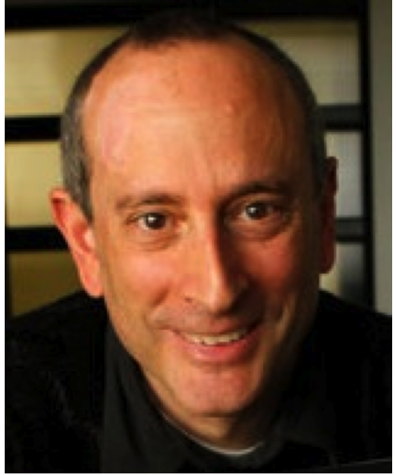Title: Is The Universe Continuous or Discrete? (And Why People in AI Should Care)
Speaker: Matt Ginsberg
Abstract:
Recent years have seen increasing tension between people who believe in so-called “good old-fashioned AI”, or GOFAI (and who believe that problems should in general be solved using discrete methods and without learning) and people who believe in learning (and who believe that problems should be solved using learning and without GOFAI).
Neither side is right. This talk examines recent progress in a range of areas, showing that in some cases, that progress is due to GOFAI; in others, it is learning-based techniques that have led to the change. In general, I argue that in continuous domains, learning will triumph. In discrete domains, explicitly search-based methods appear to have the edge.
Bio:
Matthew L. Ginsberg received his doctorate in mathematics from Oxford in 1980 at the age of 24. He remained on the Oxford faculty until 1983, doing research in mathematical physics and computer science; during this period, he wrote a program that was used successfully to trade stock and stock options on Wall Street.
Ginsberg’s continuing interest in artificial intelligence brought him to Stanford in late 1983, where he remained for nine years. He then went on to found CIRL, the computational intelligence research laboratory at the University of Oregon, which he directed until 1996. He remained at CIRL until 1998, when CIRL spun off On Time Systems, a commercial entity focusing on scheduling and routing technology. Ginsberg was the CEO of the company from its formation until early 2014 and is currently its chairman.
Ginsberg is also the chairman and CEO of Connected Signals, a company focusing the on use of real-time traffic and signal information to improve driver safety, fuel efficiency, and the driving experience generally.
Ginsberg is the author of approximately 100 academic publications in the area of artificial intelligence. He is the creator of GIB, the first program to play bridge at the level of an expert. His development of Dr.Fill, a crossword-solving program better than all but a handful of humans, got him on the front page of the New York Times in 2012. Ginsberg comments that many people have been on the front page of the Times, but far fewer have been happy about it. In his spare time, Ginsberg is a stunt pilot and a playwright.
Organizers: Percy Liang, Silvio Savarese, David Held


